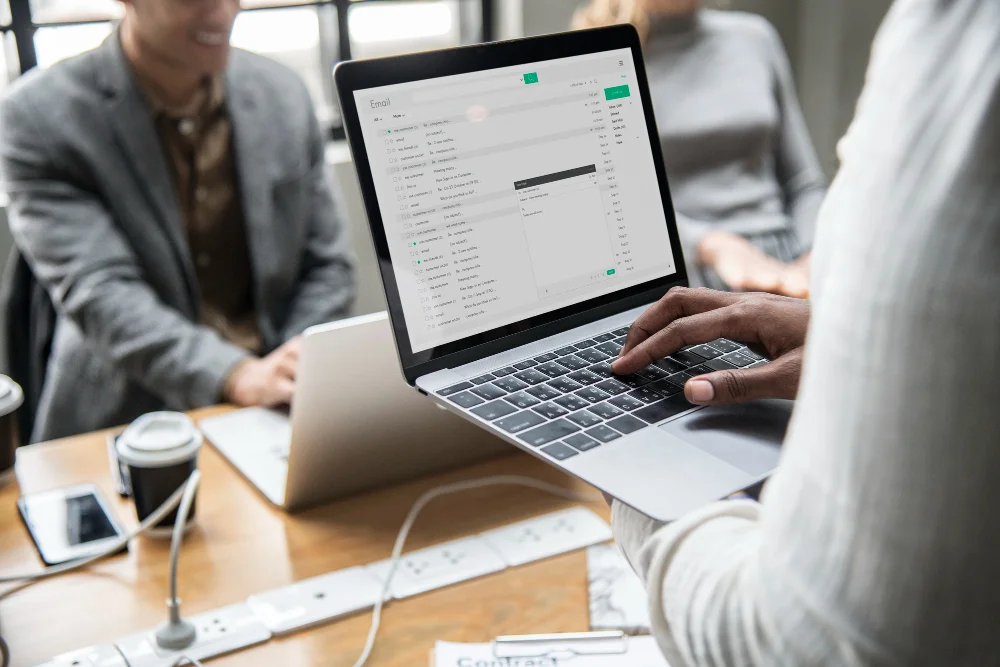Have you ever received an interview invitation in your inbox and felt a sudden mix of excitement and nerves—followed by the awkward question: How should I reply? I remember the first time I got such an email. I stared at the screen for twenty minutes, overthinking every word. Was I supposed to sound enthusiastic but not desperate? Formal but not robotic? That moment taught me something valuable: replying to an interview email isn’t just about confirming a date—it’s about making a professional impression before you even step into the room.
This article will walk you through how to reply to an interview email in a way that’s polished, confident, and future-proof against career missteps. Drawing from my own experiences, advice from recruiters, and expert-backed communication strategies, I’ll break it down into practical steps you can use immediately.
Why Your Reply Matters More Than You Think
Many candidates underestimate the power of their email reply. A well-crafted response doesn’t just confirm your availability—it signals professionalism, respect for the recruiter’s time, and genuine interest in the role.
Recruiters are constantly evaluating subtle cues. According to a survey by CareerBuilder, 70% of employers say they screen candidates by their communication style even before the interview begins. That means your email is part of your interview performance.
Think of it this way: your reply is your first handshake, just done digitally.
Step 1: Read the Interview Invitation Carefully
Before hitting “reply”, pause. Carefully read the recruiter’s message and look for:
- Interview format (in-person, phone, video, panel)
- Date and time options
- Location or platform details (Zoom link, office address)
- Any required documents (CV, portfolio, references)
📌 Example from my own experience: Once, I almost overlooked a small line at the end of an email asking me to “bring two forms of ID”. Missing that would have been an embarrassing mistake. Always double-check.
Step 2: Match Their Tone and Professionalism
If the recruiter writes formally (“Dear Mr Khan, we would like to invite you…”), mirror that professionalism. If they are slightly more casual (“Hi Sarah, we’d love to set up a chat”), you can soften your tone too—while staying respectful.
Why it matters: Matching tone shows emotional intelligence. It signals that you can adapt to different communication styles, a skill valued in most workplaces.
Step 3: Structure Your Reply Clearly
A professional reply should have three parts:
- Gratitude → Thank them for the opportunity.
- Confirmation or Clarification → State your availability or ask politely if you need adjustments.
- Professional Closing → End with confidence.
📌 Sample Email (Accepting the Interview):
Subject: Interview Confirmation – [Your Name]
Dear [Recruiter’s Name],
Thank you for inviting me to interview for the [Job Title] position at [Company Name]. I am pleased to confirm that I am available on [date] at [time].
Please let me know if there are any documents or materials you would like me to bring.
I look forward to speaking with you.
Best regards,
[Your Full Name]
Step 4: If You Need to Reschedule
Life happens. Maybe you already have an exam, a work meeting, or even another interview. The key is to be honest and professional.
📌 Sample Email (Rescheduling):
Dear [Recruiter’s Name],
Thank you very much for the interview invitation for the [Job Title] role. Unfortunately, I have a prior commitment at the suggested time. Would it be possible to reschedule for [propose two alternative dates/times]?
I apologise for any inconvenience this may cause and I truly appreciate your flexibility.
Best regards,
[Your Name]
Recruiters prefer candidates who communicate conflicts early rather than last-minute cancellations.
Step 5: Confirm Logistics for Virtual Interviews
Remote interviews add an extra layer of detail. If it’s a Zoom or Teams interview, make sure you:
- Confirm you received the link.
- Test your internet, camera, and microphone beforehand.
- Reply with clarity (e.g., “I confirm receipt of the Zoom link and will join at the scheduled time”).
Expert tip from LinkedIn’s career team: Treat virtual interviews with the same seriousness as in-person ones. Recruiters can still pick up on distractions or lack of preparation.
Common Mistakes to Avoid
- Replying too late → Aim to respond within 24 hours.
- Overly casual tone → Avoid emojis, slang, or short one-liners.
- Forgetting attachments → If they ask for your portfolio, double-check it’s attached.
- Typos and errors → A typo in your first professional email can raise doubts about your attention to detail.
What Experts Say
Recruiters often emphasise that communication reflects workplace behaviour. As Jane Harper, Senior Talent Manager at Indeed, notes:
“When candidates reply promptly, politely, and with clear confirmation, it reassures us that they will show up prepared and professional on interview day.”
Similarly, a study by Glassdoor found that candidates who followed up with well-written confirmations were 20% more likely to progress beyond first-round interviews. Small actions can tip the scales in your favour.
FAQs
1. How soon should I reply to an interview email?
Ideally within 24 hours. A quick reply shows enthusiasm and professionalism.
2. Should I address the recruiter by first name or last name?
Follow their lead. If they signed off as “John”, use first name. If it’s “Mr Smith”, keep it formal.
3. What if I’m not interested in the role anymore?
Decline politely and thank them for the opportunity. You never know when paths might cross again.
4. Do I need to restate my qualifications in the reply?
No. Save that for the interview itself. Keep your reply focused on logistics and professionalism.
5. Should I follow up if I don’t hear back after confirming?
Yes, if you haven’t received confirmation of receipt after a few days. A polite nudge is acceptable.
Key Takeaways
- Always start with gratitude and professionalism.
- Confirm availability clearly or propose alternatives.
- Match the recruiter’s tone while keeping your language polished.
- Double-check details—especially attachments, time zones, and virtual links.
- Reply promptly, ideally within 24 hours.
Final Thoughts
Replying to an interview email might feel like a small step, but it carries enormous weight in shaping first impressions. I’ve personally seen candidates lose opportunities not because of their CVs, but because they appeared careless or unprofessional in their early communication. On the other hand, a thoughtful, polished reply can set you apart instantly.
So, the next time an interview email lands in your inbox, don’t just see it as a scheduling task. See it as your chance to show you’re the kind of professional who respects opportunities, values clear communication, and takes initiative.
Over to you: How do you usually reply to interview invitations? Have you ever made a mistake (or nailed it) in your response? Share your experiences in the comments—I’d love to hear your stories.
Read Also: How to Respond to a Compliment: Practical, Polite, and Confident Replies
Recommended Products
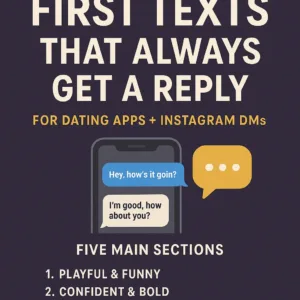
100 First Texts That Always Get a Reply
Original price was: $ 15.$ 5Current price is: $ 5.Add to Cart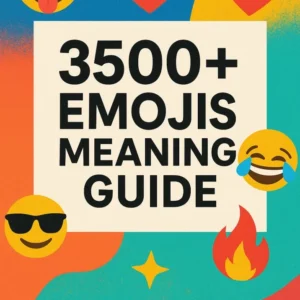
All Emoji Meanings Guide (3500+)
Original price was: $ 15.$ 7Current price is: $ 7.Add to Cart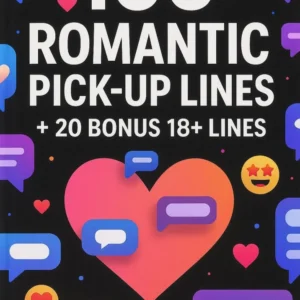
100 Romantic Pick-Up Lines + 20 Bonus 18+ Lines | Modern Dating & Flirting Guide for Confidence, Charm, and Attraction
Original price was: $ 25.$ 10Current price is: $ 10.Add to Cart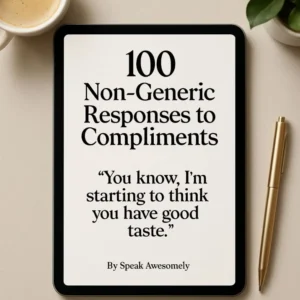
100 Witty & Unexpected Responses to Compliments – Speak Awesomely’s Ultimate PDF Guide for Confident, Clever Conversations
Original price was: $ 15.$ 6Current price is: $ 6.Add to Cart

